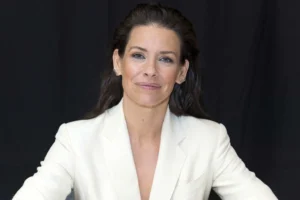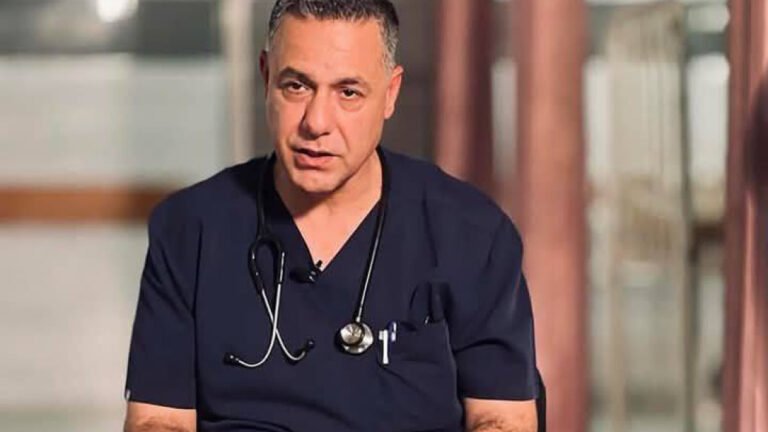Hussam Abu Safiya is a Gaza-based doctor who has been held in Israeli detention since December 2024. His family reports that his health is rapidly deteriorating and his life may be at serious risk. According to his relatives, Dr. Abu Safiya has lost nearly 30 kilograms since his arrest and is currently in critical condition. These alarming developments have raised concerns among human rights advocates and medical professionals worldwide.
The son of Hussam Abu Safiya, Elias Abu Safiya, has spoken openly about his father’s dire situation. He described the circumstances surrounding the detention as harsh and catastrophic. Elias claims that his father is being denied access to basic medical treatment and the necessary medications to manage his health. The family has expressed deep worry over the lack of care, stating that their efforts to obtain updates on his legal status and well-being have been largely unsuccessful. This lack of transparency mirrors a wider pattern reported by human rights groups regarding the treatment of Palestinian detainees in Israeli prisons.
Before his detention, Hussam Abu Safiya was a respected medical professional in northern Gaza. He gained recognition for his humanitarian work, particularly during times of conflict and military strikes. The doctor was known for providing urgent medical care to civilians injured in emergencies. His arrest came as a shock to the community, given his role as a healthcare provider and his dedication to helping others in difficult conditions. Since his detention, multiple advocacy groups and public figures have called for his release and for the protection of his rights as a prisoner.
Reports from the family reveal that Dr. Abu Safiya has endured harsh living conditions during his detention. They say he has spent long periods in solitary confinement, exposed to cold temperatures, with very limited access to food and blankets. While these claims have not been independently verified, they are consistent with numerous accounts from other detainees describing the challenging conditions faced by Palestinian prisoners in Israeli facilities.
The case of Hussam Abu Safiya has also gained attention due to his recent recognition as the recipient of the 2025 Nizar Banat Award for human rights defenders. The award, named after a Palestinian activist who died in custody in 2021, is presented to individuals who demonstrate courage in defending human rights under difficult circumstances. Lawyers for Justice, a Palestinian legal advocacy group, announced the award in honor of Dr. Abu Safiya’s commitment to his medical work and humanitarian efforts despite the risks involved. This recognition has further highlighted his plight and brought international focus to his case.
Many human rights organizations have voiced concerns over the treatment of Palestinian prisoners, particularly those held without charges or access to legal representation. There is a growing alarm about the issue of medical neglect within detention centers, especially for older or ill detainees. Dr. Abu Safiya’s deteriorating health exemplifies these concerns and has prompted calls for greater transparency and oversight in detention practices.
Social media users and human rights defenders around the world have rallied in support of Hussam Abu Safiya. They urge humanitarian agencies and international bodies to intervene and demand that he receives urgent medical care. Campaigns have also called for broader reforms in how prisoners are treated and for increased monitoring of detention conditions.
Despite the limited communication from authorities, Dr. Abu Safiya’s family continues to advocate tirelessly for his rights and well-being. They believe that he is being punished not for any criminal wrongdoing but because of his position and reputation as a humanitarian doctor. Their hope is that raising awareness about his critical health status will pressure the relevant authorities to allow proper medical examinations and possibly his release.
The situation surrounding Hussam Abu Safiya is a stark reminder of the ongoing humanitarian challenges in Gaza and the difficulties faced by Palestinian detainees. His case underscores the importance of safeguarding the rights and health of prisoners everywhere, especially those who have dedicated their lives to helping others.







